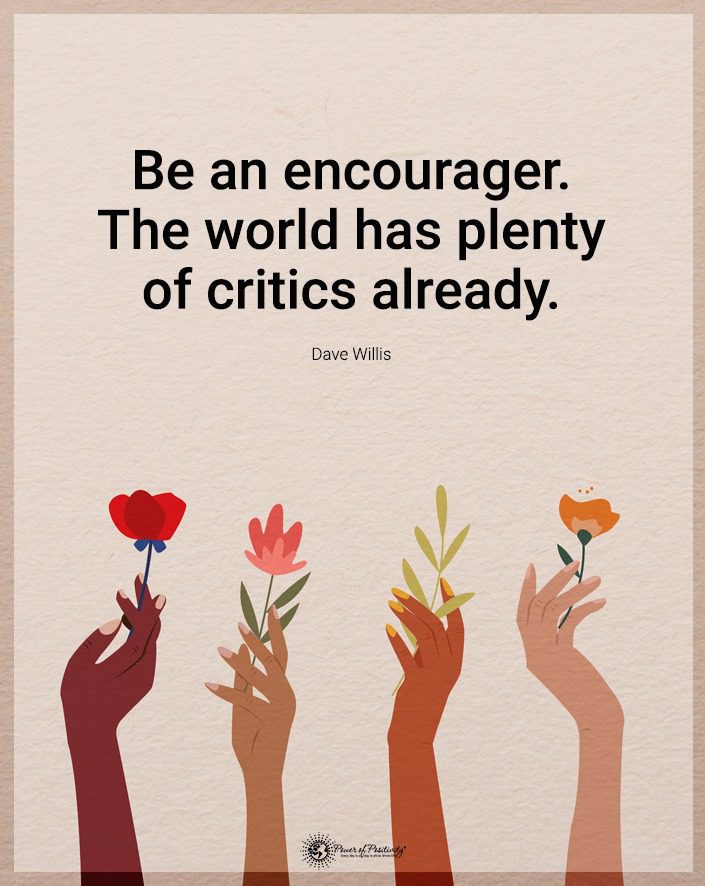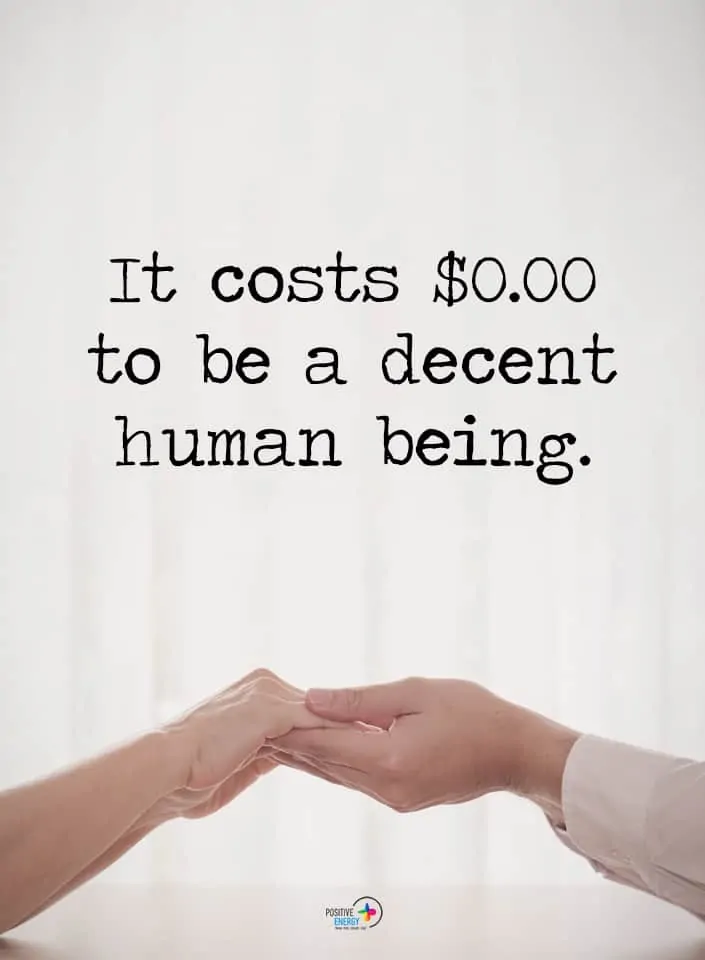There are two types of people in this world: those who say they can do anything they set their mind to do and those who say they can’t. Ironically, both their opinions are correct. Your reaction to setbacks and your attitude will determine your goals.
Effective resilience is a blend of experience, patience, and determination. While you never wish adversity upon yourself, it’s often what makes you stronger. You learn from your setbacks and discover ways to avoid them in the future.
Resilience also comes with age, as teenagers soon learn. When you’re an experienced adult, you better understand and appreciate your parents. You pay for your success with sweat, blood, and tears.
Ten Reasons That Reaction to Adversity Determines Resilience
An article published by the University of California-Irvine explains the word resilience as Latin for rebounding or springing back. In modern terms, it refers to people who keep trying regardless of their past adversities. They’ve learned to spring back like the legendary Phoenix rising from the ashes.
How can you use a resilient attitude to realize your dreams better? Is it possible to modify your mindset and accept your challenges as tools to better yourself? These are ten reasons that your reaction to adversity can determine your resiliency.
1. Your Reaction Can Better Cope with Daily Challenges
No matter how old you’re or what you do, you’re going to face challenges. These challenges create stress, and you must decide how you react. Resilient people understand that stress is inevitable, and they need efficient coping skills.
In fact, some stress is good because it helps grow and improves your critical thinking skills. However, undue stress keeps your survival instinct on autopilot with a constant flood of stress hormones. Eventually, high-stress levels can lead to severe physical and mental conditions.
Life is all about changes, and you will manage them better with flexibility. It gives you a more positive outlook and the ability to go with the flow. Instead of allowing daily challenges to be overwhelming, you use them as an opportunity to improve.
2. Minimize Risks for Mental Illness
Did you know that stress is a significant cause of mental illness? According to an article published by Mental Health Research, chronic stress can lead to anxiety, depression, and other mental disorders. The report states a positive biochemical link between stress and mental illness.
High levels of stress play a cruel trick on the nervous system. Your brain is hardwired to react to stressors as a threat to your life. It will immediately signal your body to flood your bloodstream with emergency hormones like adrenaline and cortisone. These hormones give your body the burst of energy for a response to fight, fly, freeze, or faint.
Chronic stress keeps your brain in a survival mode, and you may anticipate danger every moment. It’s enough to put your nerves on edge and can lead to mental illness. Learning to be resilient can help you lower your stress levels and keep your brain healthier.
3. A Positive Reaction to Problems May Help You Build Stronger Relationships
Everybody has personal and professional relationships on many levels. Both parties must demonstrate trust, honesty, and integrity for a relationship to last. It would help if you also learned how to be resilient with compromise and cooperation.
It’s easier to forge a relationship when you both have something in common. Being a resilient person can make you more empathetic. You can see a situation through another’s eyes, creating a stronger bond. Such empathy is valuable in any relationship with friends, family, or coworkers.
You put more emphasis on teamwork, and you value others’ opinions. When there’s an issue in the relationship, your reaction is more about “we” and less about “you.” Resiliency gives you the strength for moving forward after disconnecting from a toxic person.
4. Can Help You Realize Your Individuality
Sometimes, your life may be so complicated that you lose yourself in the whirlwind. It’s a prevailing misconception that two people become “one” in a relationship. Some employers seem to expect you to be perpetually company-minded on a job. No wonder you may look in the mirror and see a stranger looking back at you.
As you embrace a resilient attitude, you’re bound to rediscover your individuality. While you can be a partner, an employee, a friend, or a family member, it doesn’t define who you’re. Realizing that you’re a whole person can boost your resilience and allow you to have more meaningful relationships at home and work.
5. You May Cultivate More Creativity if You Have a Positive Reaction
How long have you sidestepped a creative ambition just because you were afraid you weren’t good enough? There’s a marked difference between trying your best and perfectionism. A perfectionist attitude creates unrealistic expectations and other negative self-talk.
The good news is that every talented person had to start somewhere, even legends like Leonardo DaVinci and Mozart. Practice makes progress, and you’ll make plenty of mistakes on the way. A resilient attitude opens your creativity and allows you to view mistakes as learning curves.
You’re also more apt to distinguish between constructive criticism and someone just being rude. Self-confidence makes you more resilient, and you won’t see the need to react to hateful comments. However, you’ll listen to constructive criticism and learn to improve your skills and talents.
6. May Help You Stabilize Your Emotions
One of the unhealthiest habits to develop is keeping your feelings bottled up in your heart. It’s a tell-tale sign that you’re not confident in your opinions or who you’re. Instead, you stay silent while the emotional storm rages internally.
On the flip side, you may be a person who wears your feelings on your shoulder. Your reactions may be over the top or inappropriate for the situation. Neither extreme is healthy for you.
Resilient people try to think before they speak. You learn how to have difficult conversations at home or work while keeping your emotions in check. Such discourse can promote a positive atmosphere, and everyone can be honest with their feelings.
7. You May Become More Goal-Oriented
Going through life without goals makes as much sense as driving for hundreds of miles with no destination. After defining your goals, you create a workable plan to accomplish them. Procrastination, perfectionism, and fear of failure will do nothing but hinder you.
You’ll have challenges along the way that may change your plans. Mistakes and shortcomings can also become temporary roadblocks. Fortunately, these can help you be more resilient and focused on your dreams.
For example, becoming a published author may be your primary goal. If your reaction to rejection letters is to quit writing, then you’ll never accomplish your dream. Instead, your resiliency allows you to keep trying until you get the results you want.
8. You Won’t Be a Quitter
Vince Lombardi once said that a winner wouldn’t quit, and a quitter won’t win. Perhaps nobody lives up to this mantra more than those with a resilient spirit. While you’re no stranger to stumbling and failure, you don’t stay down for long.
Resilient people’s reaction to failure and disappointment isn’t to lie down and quit. Sure, you’ll feel pain and aggravation and may wonder if it’s worth trying again. But you’ve learned that nothing lasts forever, not even problems, and you’re going forward.
9. Your Reaction to Challenges May Encourage a More Positive Atmosphere
Pessimistic people only create more misery in their lives because they expect it. When they speak negative affirmations into the Universe, they must agree and return the same. Many of these folks never give themselves a chance to build resilience and crawl out of the mental prison they’ve created.
Optimism is contagious and will affect the entire atmosphere. They disregard the negative rants of the pessimists, like water rolling off a duck’s back. They experience more positive reactions because they’ve already agreed with the Universe.
10. They Live in the Present
How can you expect to arrive at a planned destination if you’re locked in one place? Likewise, living in the past only leads to frustration, depression, and stagnation. Plus, you miss all the beautiful gifts of the present.
Moving beyond your past can be painful at first. The resilience you’ve developed will help you acknowledge past hurts and failures. Then, you show gratitude for the lessons you learn and bring your heart into the present, which is part of mindfulness.
Achieving this monumental step may require you to make apologies and amends. Your healing may also be hinged on you using forgiveness to release grudges and bitterness. You realize that you only have this moment, so it’s essential to make it your best.
Final Thoughts on Resiliency and Reactions to Adversity
How you respond to any given situation will depend on how resilient you are. While it doesn’t make your problems disappear, it will provide you with the strength and patience to stay focused.
The only trees that survive a devastating windstorm are those that have learned to bend. Remember to be flexible and bend, but will a robust root system, you’ll never break.





















